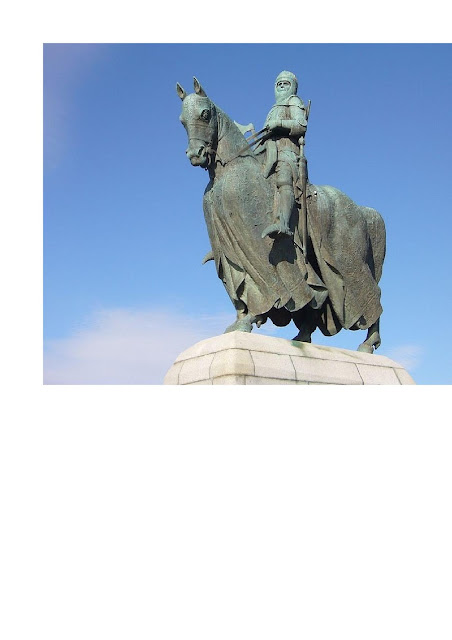For the millions in the English speaking world who feel chronically let down by social democracy — particularly post Blair and post the exposure of the Obama illusion — it may be a comfort to discover that many German social democrats became disappointed with social democracy much earlier. Willy Brandt, who, from 1969 to 1974 became the first social democratic Chancellor since the Weimar Republic, would have been 100 this year. The German papers have been full of eulogies for the man; so it was refreshing to find the poem I've translated below giving a different perspective on Brandt, first published in the weekly newspaper Die Zeit, in December 1966. That was the month in which Brandt entered as a junior partner into a coalition government lead by Kurt Kiesinger, by this stage a CDU leader, but a man who'd previously had a moderately successful career inside the NSDAP, the Nazi party.
Alongside Brandt's willingness to work with an ex-Nazi, there were two other main points of his coalition politics which Delius, the poet, and many others who had previously supported Brandt now found unacceptable. The first was the introduction of state of emergency legislation, referred to in the second stanza of the poem. The second was the cooperation over employment bans for political radicals, which, in practise, primarily meant Communists, or members of organisations dominated by Communists, including the Society for the Victims of the Nazi regime and for Anti-Fascists. Brandt's cooperation on this issue culminated in his Redundancy for Radicals legislation of 1972, which focused on public sector workers. 1100 people either lost their jobs or were refused jobs as a result of this act, with 2200 disciplinary procedures and 136 redundancies among teachers alone (for more details use your browser's translator software to read the Wikipedia 'Radikalenerlass' page on the subject.)
These were policies which Brandt was supporting back in 1966 already, when Delius wrote this poem. These were the policies which caused an irreparable break between many Germans, who had seen themselves as social democrats, and their former party, the SPD.
Abschied
von Willy Farewell to Willy
Von
Friedrich Christian Delius By Friedrich Delius, trans. Henry Holland
Brandt:
es ist aus. Wir machen nicht mehr mit. Brandt: we are through. We're not playing any more.
Viel
Wut im Bauch. Die Besserwisser grinsen. Ready to punch out. While the know it alls are grinning.
Der
letzte Zipfel Hoffnung ging verschütt. The final coin of hope falls on the scrap heap.
Für
uns ist längst krepiert, was Sieben Schwaben What still seems good for Seven Swans like you
wie
euch noch gut scheint, euch zu kopulieren. is decrepit stuff for us, a corrupt corpus.
Den
Spieß herum, es gilt zu formulieren: So put the foot on the other boot, shout it clear and raucous:
Wer Notstand macht, der will den Notstand haben. Who legislates an emergency state should know he's going to get that.
Wer Notstand macht, der will den Notstand haben. Who legislates an emergency state should know he's going to get that.
Wer
jetzt nicht zweifelt, zweifelt niemals mehr. If you've no doubts now, you'll not be doubting never.
Was
jetzt versaut ist, wird es lange bleiben. What's screwed up now, will stay that way for long.
Von
Feigheit. Dummheit lässt sich nichts mehr schreiben, On cowardice and stupidity I can not write forever
Kein
Witz kommt auf. Verzweiflung nur und Spott, die treiben With punch-lines lost; just despair, and scorn, endeavour
Uns
zurück, wohin ich gar nicht will, To push me back where I don't want to idle,
Verflixt
noch mal, ich stecke im Idyll. For chrissake, God, I'm stuck here in my idyll.



